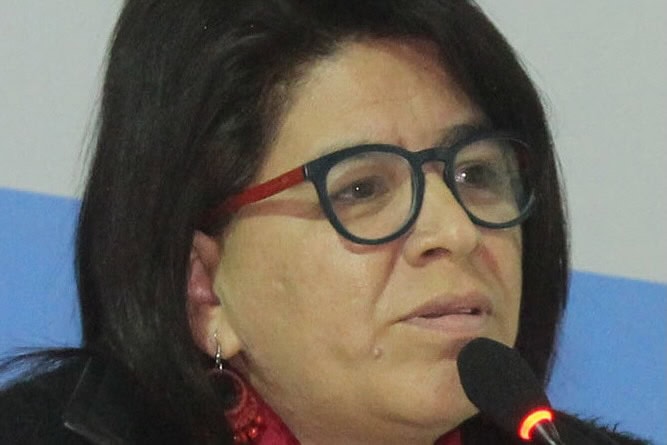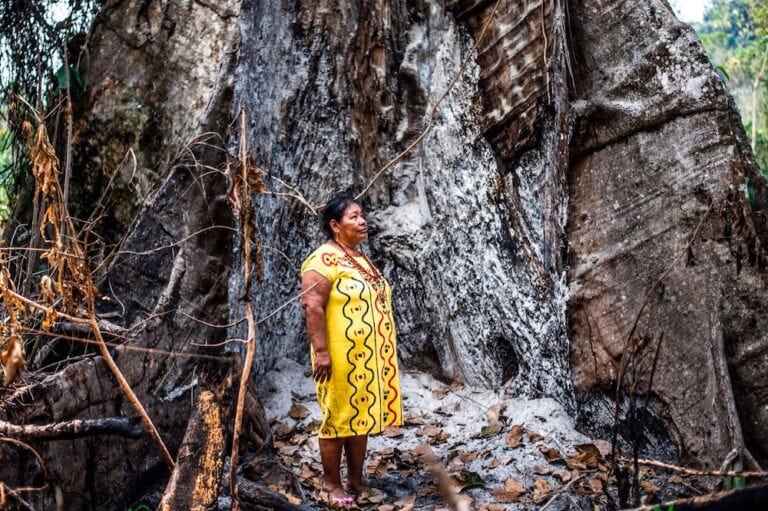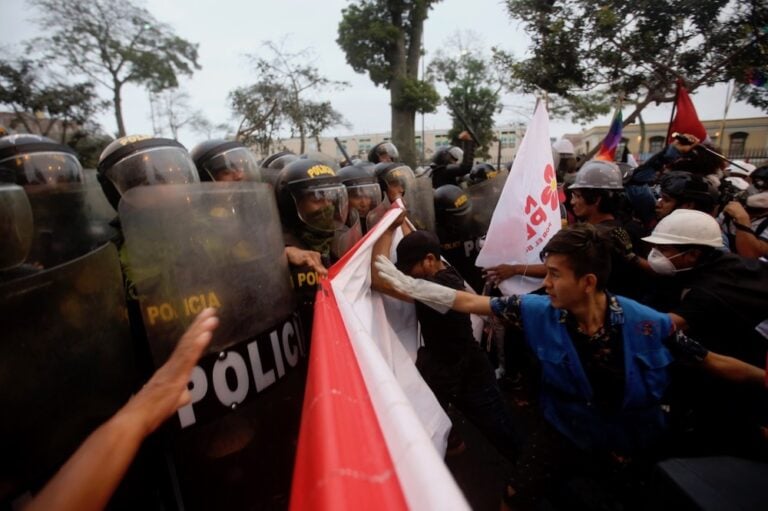(RSF/IFEX) – RSF has condemned the 17 March 2005 attack against Magno Sosa, the editor of the bimonthly “Rebelión”, in the southern region of Ayacucho. Sosa was attacked and threatened by two women activists he had accused of corruption. “A dispute with a journalist does not give one the right to use physical reprisals or […]
(RSF/IFEX) – RSF has condemned the 17 March 2005 attack against Magno Sosa, the editor of the bimonthly “Rebelión”, in the southern region of Ayacucho. Sosa was attacked and threatened by two women activists he had accused of corruption.
“A dispute with a journalist does not give one the right to use physical reprisals or death threats against him. Such behaviour does not constitute legitimate criticism of the media and shows contempt for press freedom. We demand that those responsible be punished,” the organisation said.
Sosa was attacked at the Huamanga railway station, in Ayacucho department, by Gloria Alvárez de la Cruz and Basiliza Dololier Quispe, joint leaders of a group that defends dismissed public employees (named Frente de Despedidos). Accusing Sosa of having libelled them, the two women ripped his shirt, scratched his neck and made death threats against him. He finally left the station under police protection. The editor filed a complaint and requested bodyguards for himself and his family. He also requested a medical examination.
“Rebelión” had reported that, during Alberto Fujimori’s presidency, the two women took payments in return for promises to have the names of dismissed employees fraudulently added to a list of persons who had been rehired.
Two days prior to the assault, “Rebelión” revealed that Alvárez de la Cruz had been appointed deputy municipal administrator in Huamanga even though she was suspected of embezzlement between 1995 and 1997.
Neither of the two women has been arrested for the assault, and both Sosa and Peruvian press freedom organisations have criticised “the police’s passivity.”
This is not the first time Sosa has been attacked or threatened. He previously had problems with the armed forces in the Ayacucho region in 1991 and 1992, after accusing them of abuses in their operations against Sendero Luminoso (Shining Path) guerrillas. The police arrested him in August 1991 and held him for two months on a “terrorism” charge before releasing him for lack of evidence. In 2003, he was kicked and received head injuries from coca growers after reporting on their links with drug trafficking.


